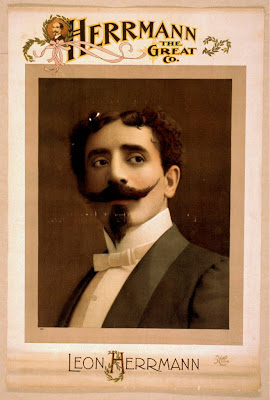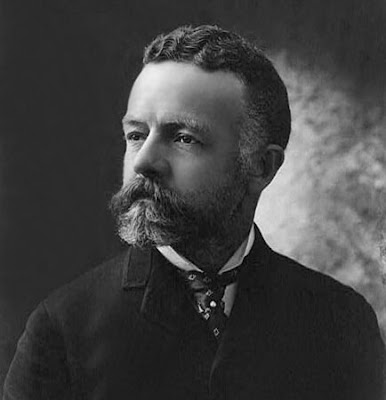Monday, February 22, 2010
Archduke Francis Ferdinand's Assasination started World War I
Saturday, February 20, 2010
Seijiro Hirai, Japanese civil engineer.
Hirai was born in Kanazawa, Japan. He was chosen by Japan to be one of the first to study abroad and he attended Rensselaer Polytechnic Institute. He received his M.S. in civil engineering in 1878. He worked for the U.S. government before becoming a railway engineer in the Colonization Bureau for Hokkaido in 1881. In 1882 he was appointed chief of the railway for the Mining and Railway Bureau for Hokkaidō. He later became the chief engineer of the Osaka Railway Company.
He eventually joined the government of Japan, where he was advanced to the position of president of the Imperial Government Railways in 1904. When the railway became presided by a cabinet minister (Gotō Shinpei being the first minister) in 1908, he was appointed the vice president.
In 1913 he was dispatched to China and served as an adviser to the Chinese government until he returned to Japan in 1925.
Photo via United States Library of Congress
Bain News Service,, publisher.
S. Hirai
[between ca. 1910 and ca. 1915]
1 negative : glass ; 5 x 7 in. or smaller.
Notes:
Title from unverified data provided by the Bain News Service on the negatives or caption cards.
Forms part of: George Grantham Bain Collection (Library of Congress).
Format: Glass negatives.
Rights Info: No known restrictions on publication.
Repository: Library of Congress, Prints and Photographs Division, Washington, D.C. 20540 USA, hdl.loc.gov/loc.pnp/pp.print
General information about the Bain Collection is available at hdl.loc.gov/loc.pnp/pp.ggbain
Persistent URL: hdl.loc.gov/loc.pnp/ggbain.13948
Call Number: LC-B2- 2797-14
Tuesday, February 16, 2010
Saturday, February 13, 2010
Friday, February 12, 2010
Dr. Lyman Abbott
Monday, February 8, 2010
US General William Tecumseh Sherman
William Tecumseh Sherman (February 8, 1820 – February 14, 1891) was an American soldier, businessman, educator and author. He served as a General in the Union Army during the American Civil War (1861–65), for which he received recognition for his outstanding command of military strategy as well as criticism for the harshness of the "scorched earth" policies that he implemented in conducting total war against the Confederate States. Military historian Basil Liddell Hart famously declared that Sherman was "the first modern general".
Sherman served under General Ulysses S. Grant in 1862 and 1863 during the campaigns that led to the fall of the Confederate stronghold of Vicksburg on the Mississippi River and culminated with the routing of the Confederate armies in the state of Tennessee. In 1864, Sherman succeeded Grant as the Union commander in the western theater of the war. He proceeded to lead his troops to the capture of the city of Atlanta, a military success that contributed to the re-election of President Abraham Lincoln. Sherman's subsequent march through Georgia and the Carolinas further undermined the Confederacy's ability to continue fighting. He accepted the surrender of all the Confederate armies in the Carolinas, Georgia, and Florida in April 1865.
When Grant became president, Sherman succeeded him as Commanding General of the Army (1869–83). As such, he was responsible for the conduct of the Indian Wars in the western United States. He steadfastly refused to be drawn into politics and in 1875 published his Memoirs, one of the best-known firsthand accounts of the Civil War.
History from Wikipedia: US General William Tecumseh Sherman









